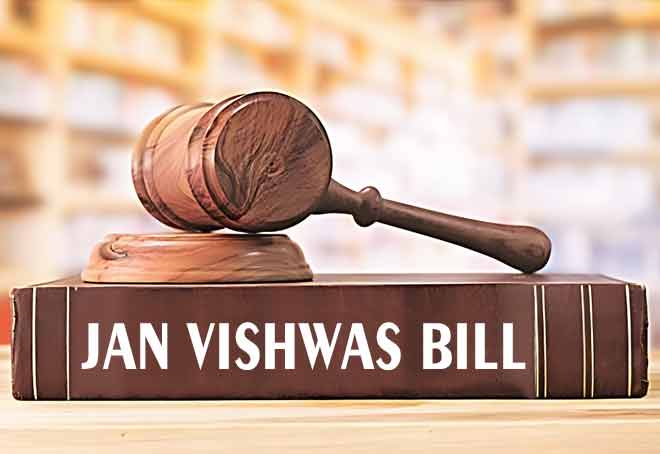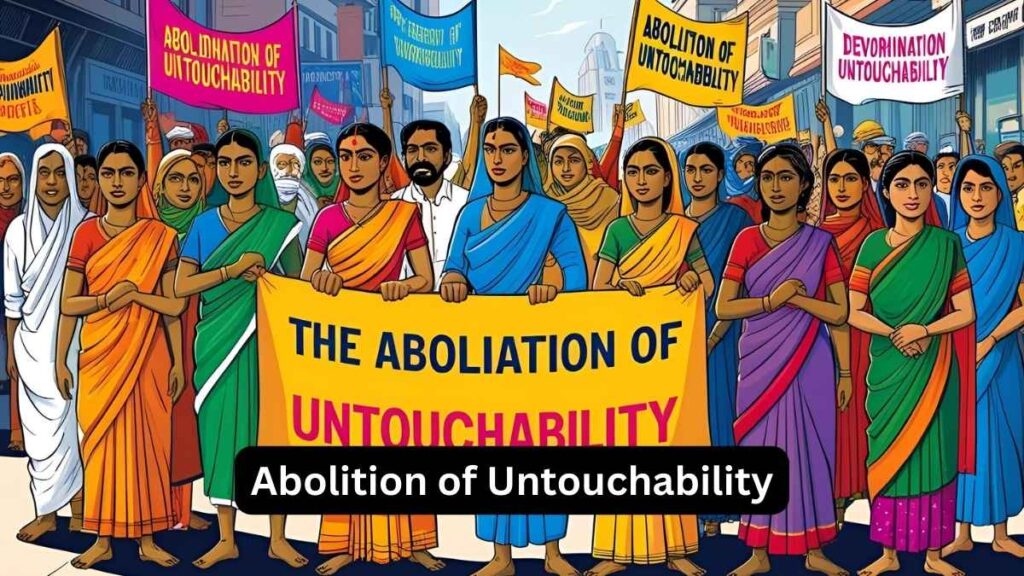South Korea’s Political Crisis: Navigating a Fragile Democracy
South Korea’s Political Crisis:
South Korea, a country known for its astonishing economic rise and embrace of democracy, now finds itself facing a tough challenge. A political crisis involving its President, Yoon Suk Yeol, has shaken the nation and raised big questions about its democracy. On December 14, 2024, President Yoon was impeached—this means the National Assembly voted to remove him from office because of actions that many believe went against democratic values. This event shows how South Korea’s politics are divided and how its democratic system, though strong in some ways, still needs improvement.
The crisis is rooted in differences between people who support opposing political ideas, as well as historical struggles between leaders. Today, South Korea is asking important questions: How can its democracy become stronger? How can leaders be held accountable for their actions? This essay explores the events, challenges, and possible solutions that are shaping South Korea’s democracy.
How It All Started
The political trouble did not start out of nowhere. Yoon Suk Yeol, before becoming President, was a famous prosecutor who helped investigate and charge two former Presidents with corruption. At first, many people saw him as a hero for standing up to wrongdoing. But as time passed, Yoon’s relationship with his then-boss, President Moon Jae-in, became tense. One big issue was the appointment of Justice Minister Cho Guk, a decision Yoon opposed. When Yoon used his powers as a prosecutor to investigate Cho and his family for corruption, it led to a major political fight.
In 2022, Yoon decided to run for President. He joined the conservative People Power Party (PPP) and narrowly won the election. But his presidency quickly ran into trouble. Yoon did not have much experience as a politician, and this showed in the way he made decisions. For example, he tried to improve relations with Japan—a country with which South Korea has a difficult history—but many people in South Korea felt this was done poorly. Domestically, his policies did not do enough to help the economy recover after the COVID-19 pandemic. Allegations of corruption involving his wife also hurt his popularity. By early 2024, the National Assembly, now controlled by opposition parties, was ready to challenge him.
On December 3, 2024, Yoon declared martial law, a very drastic measure that uses the military to take control of the government during emergencies. This shocked the country and angered many. The National Assembly quickly voted to overturn martial law, showing the strength of South Korea’s democratic systems. However, the damage to Yoon’s reputation was done, and this eventually led to his impeachment.
Political Divisions
South Korea’s political world is sharply divided between two main groups: conservatives and liberals. Conservatives are often older, wealthier, and live in areas like Gyeongsang Province. They admire leaders like Park Chung-hee, a former President who helped grow South Korea’s economy. On the other hand, liberals are usually younger, more educated, and come from places like Jeolla Province. They support leaders like Kim Dae-jung and Roh Moo-hyun, who helped bring democracy to South Korea.
These divisions are not just about politics. They are also about history, regional loyalties, and even generational differences. Unfortunately, this split has led to something called vendetta politics. This means that each time a new government takes power, it often tries to punish the leaders of the previous government for wrongdoing. This has created a cycle of mistrust and revenge that weakens South Korea’s democracy. The impeachment of Yoon Suk Yeol is just the latest example of this problem.
Strengths and Weaknesses of Democracy in South Korea
The current political crisis shows both the good and the bad sides of South Korea’s democracy. On the good side, the country’s laws and systems stopped President Yoon from keeping martial law in place. The National Assembly acted quickly, and people protested strongly, showing how much they care about their democracy. This is a sign that South Korean civil society—the groups and organisations that represent ordinary people—is strong and active.
But there are weaknesses too. One problem is the judicial system, which is supposed to make fair decisions about cases like Yoon’s impeachment. Right now, the Constitutional Court, which will decide if Yoon can stay impeached, is missing some judges. This could slow down the process and make people doubt whether the system is truly fair. Another issue is that the court’s judges are often seen as leaning toward one political side or the other. This makes it hard for people to trust that their decisions are unbiased.
Economic Challenges
The political crisis has also hurt South Korea’s economy. When Yoon declared martial law, financial markets reacted badly. The stock market dropped, and South Korea’s currency lost value. Small businesses, which were already struggling after COVID-19, saw a big drop in sales. People are worried about how the crisis might affect South Korea’s trade and its relationships with other countries.
South Korea depends heavily on exports, like technology and cars, to keep its economy strong. But the country’s political instability has raised concerns about its future role in the global economy. Yoon’s foreign policy choices, which included straining ties with China and Russia while aligning closely with the United States and Japan, have also added to these concerns. If the crisis is not resolved soon, South Korea’s reputation as a stable and reliable economic power could be at risk.
Younger Generations and Social Media
One of the most interesting parts of this crisis is how younger people are getting involved. Millennials and Generation Z—people in their 20s and 30s—have been very active in protests. They see this as a chance to stand up for democracy and challenge outdated ways of governing. Social media platforms like Instagram and X (formerly Twitter) have played a big role in organising these protests. People have used these platforms to share information, coordinate events, and even add a creative touch, like using K-pop songs to rally protesters.
This shows how technology can bring people together, even across different generations. While older people might worry about the political chaos, younger South Koreans are stepping up to demand accountability from their leaders. This generational energy could bring new ideas and solutions to South Korea’s political system.
What Needs to Change?
The current crisis is a wake-up call for South Korea. It is clear that the country needs to make changes to prevent similar problems in the future. First, leaders need to work on bridging the divide between conservatives and liberals. This could mean creating spaces for dialogue and cooperation on big issues that affect everyone.
South Korea also needs to improve its democratic systems. For example, it could update its laws to make it harder for Presidents to misuse their power. The judiciary should be made more independent so that judges can make fair decisions without political pressure. Education programmes could teach people, especially young students, about the importance of democracy and how to participate in it.
Transparency is another key issue. Politicians and government officials should be held accountable for their actions, and the public should be able to see how decisions are made. This would help rebuild trust in government and reduce the culture of vendetta politics.
Finally, South Korea’s leaders need to focus on the economy. By working together on policies that create jobs, support small businesses, and boost exports, they can show that they care about the well-being of all South Koreans.
Conclusion
The impeachment of President Yoon Suk Yeol is a serious moment in South Korea’s history. It shows that the country still has challenges to overcome, especially when it comes to political divisions and democratic maturity. But there is also reason to hope. The strong response from citizens and the swift actions of the National Assembly show that people in South Korea care deeply about their democracy.
This crisis is a chance for South Korea to learn and grow. By making reforms, building trust, and encouraging cooperation, the country can move forward. The future of South Korea’s democracy depends on how its leaders and citizens rise to meet this challenge. With hard work and commitment, South Korea can emerge from this crisis stronger and more united than ever before.
subscribe to our Youtube Channel for more Valuable Content – TheStudyias
Download the App to Subscribe to our Courses – Thestudyias
The Source’s Authority and Ownership of the Article is Claimed By THE STUDY IAS BY MANIKANT SINGH




